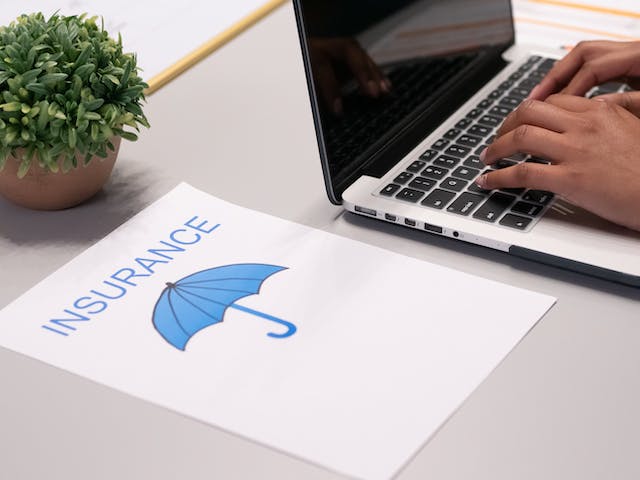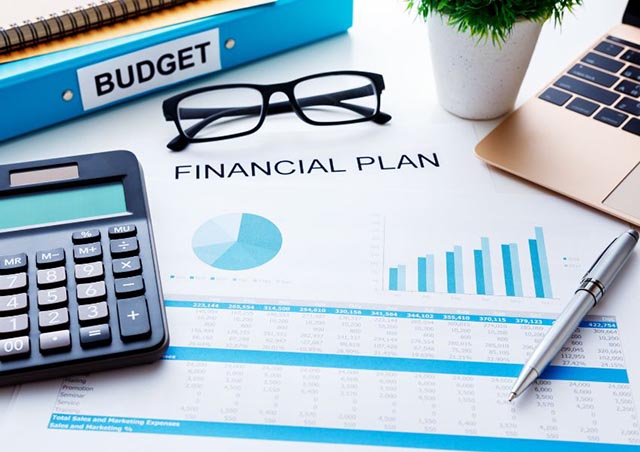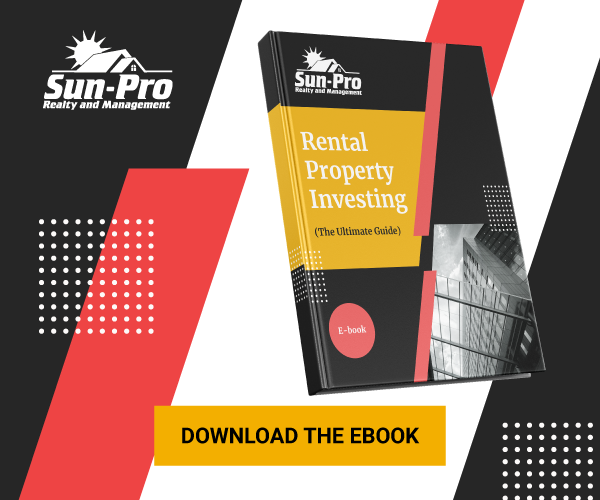
- 1. Conduct Comprehensive Property Inspections
- 2. Update Lease Agreements
- 3. Review Insurance Coverage
- 4. Test Safety Equipment
- 5. Schedule Regular Maintenance
- 6. Evaluate Tenant Satisfaction
- 7. Review Financial Performance
- 8. Stay Informed on Legal Changes
- 9. Enhance Property Security
- 10. Assess and Improve Curb Appeal
- 11. Update Marketing Strategies
- 12. Plan for Future Investments
- 13. Build Relationships with Service Providers
- 14. Conduct Market Analysis
- 15. Review Property Management Practices
- Conclusion
As a landlord, managing rental properties can be a complex and demanding task. With so many responsibilities, it's easy to overlook certain duties that are crucial for maintaining the value of your property, ensuring tenant satisfaction, and protecting your investment.
Here are some important tasks that landlords should be doing every year but probably aren’t:
1. Conduct Comprehensive Property Inspections
Annual property inspections are crucial for identifying and addressing maintenance issues before they become significant problems. These inspections should cover the entire property, including plumbing, electrical systems, HVAC units, roofs, and common areas.
Inspecting the property regularly helps landlords spot issues like leaks, faulty wiring, or pest infestations early, preventing costly repairs and ensuring tenant safety.
2. Update Lease Agreements
Lease agreements should be reviewed and updated annually to reflect changes in laws, market conditions, and property rules.
Legal requirements can change, and it’s essential to ensure the lease complies with current regulations. Updating the lease also allows landlords to adjust rent based on market rates and include new clauses that protect their interests.
3. Review Insurance Coverage
Property insurance policies should be reviewed every year to ensure they provide adequate coverage. Changes in property value, new regulations, or updates to the rental property can affect insurance needs.

Landlords should verify that their policy covers potential risks such as natural disasters, liability claims, and tenant damages. It’s also wise to compare rates and coverage options from different insurers to get the best deal.
4. Test Safety Equipment
Ensuring the safety of tenants is a top priority for landlords. Annually testing all safety equipment, including smoke detectors, carbon monoxide detectors, fire extinguishers, and security systems, is crucial.
This not only keeps tenants safe but also helps landlords comply with safety regulations and avoid potential fines or legal issues.
5. Schedule Regular Maintenance
Preventive maintenance can extend the life of property systems and appliances, saving money in the long run. Landlords should schedule annual maintenance for HVAC systems, plumbing, and electrical systems.
Regularly servicing these systems can prevent breakdowns, improve efficiency, and ensure tenants have a comfortable living environment.
6. Evaluate Tenant Satisfaction
Happy tenants are more likely to renew their leases and take good care of the property. Landlords should conduct annual surveys or check-ins to gauge tenant satisfaction and identify any concerns.
Addressing issues promptly can improve tenant retention and reduce turnover costs. Showing tenants that their opinions matter fosters a positive landlord-tenant relationship.
7. Review Financial Performance
Analyzing the financial performance of rental properties annually helps landlords make informed decisions about rent pricing, expenses, and investments. This review should include income statements, expense reports, and cash flow analysis.

Understanding the financial health of the property can help landlords identify areas for improvement, such as reducing costs or increasing rent to match market rates.
8. Stay Informed on Legal Changes
Rental property laws and regulations can change frequently, affecting landlord responsibilities and tenant rights. Landlords should stay informed about any legal updates relevant to their properties.
This can be done by subscribing to industry newsletters, joining landlord associations, or consulting with legal professionals. Being aware of legal changes helps landlords remain compliant and avoid potential lawsuits or penalties.
9. Enhance Property Security
Security is a significant concern for tenants. Annually reviewing and enhancing property security measures can help attract and retain tenants.
This might include updating locks, installing security cameras, or improving lighting in common areas. A secure property not only protects tenants but also reduces the likelihood of vandalism and theft.
10. Assess and Improve Curb Appeal
First impressions matter, and the exterior of a rental property can significantly impact its appeal to prospective tenants. Landlords should assess the property’s curb appeal annually and make necessary improvements.
This might involve landscaping, painting, repairing walkways, or updating signage. A well-maintained exterior attracts quality tenants and enhances the property’s value.
11. Update Marketing Strategies
The rental market is dynamic, and effective marketing strategies can help landlords fill vacancies quickly. Reviewing and updating marketing strategies annually ensures they remain effective and relevant.

This might include updating property listings, improving online presence, or leveraging social media platforms. Effective marketing helps landlords reach a broader audience and attract more qualified tenants.
12. Plan for Future Investments
Successful landlords continuously look for opportunities to expand their portfolios and improve their properties. Annually planning for future investments helps landlords stay ahead of market trends and capitalize on growth opportunities.
This might involve researching potential property acquisitions, exploring financing options, or planning property upgrades.
13. Build Relationships with Service Providers
Reliable service providers are essential for maintaining rental properties. Landlords should build and maintain relationships with contractors, plumbers, electricians, and other professionals.
Establishing a network of trusted service providers ensures that any maintenance or repair issues can be addressed promptly and effectively. This not only keeps the property in good condition but also minimizes disruptions for tenants.
14. Conduct Market Analysis
Understanding the local rental market is crucial for setting competitive rent prices and making informed investment decisions. Landlords should conduct a market analysis annually to stay updated on rental trends, vacancy rates, and competitor offerings.
This information can help landlords adjust their strategies to remain competitive and maximize rental income.
15. Review Property Management Practices
Landlords should review their property management practices annually to identify areas for improvement. This might involve evaluating tenant screening processes, rent collection methods, or maintenance request procedures.

Continuous improvement in property management practices can lead to more efficient operations, higher tenant satisfaction, and better financial performance.
Conclusion
Landlords who neglect these annual tasks risk facing avoidable problems that can lead to significant financial losses and legal complications. By following the above tips and engaging in other proactive activities, landlords can maintain their properties more effectively, ensure tenant satisfaction, and enhance their investment returns.
Taking these steps not only protects the landlord’s interests but also fosters a positive and professional rental experience for tenants.
To be sure, it’s recommended to work with a reliable property management company like Sun-Pro Realty Management.
Get in touch with one of our experts to find out how we can help you!
